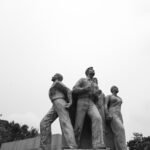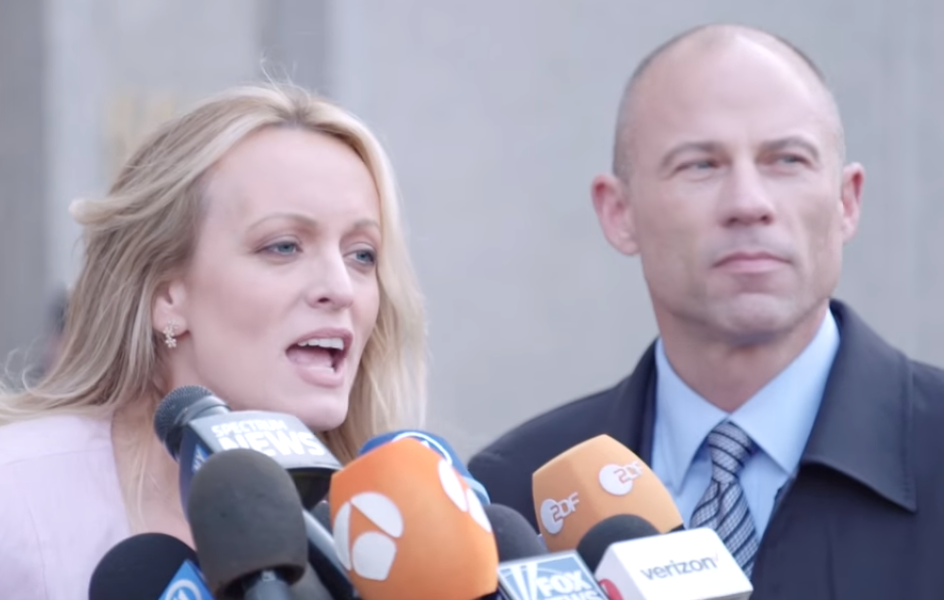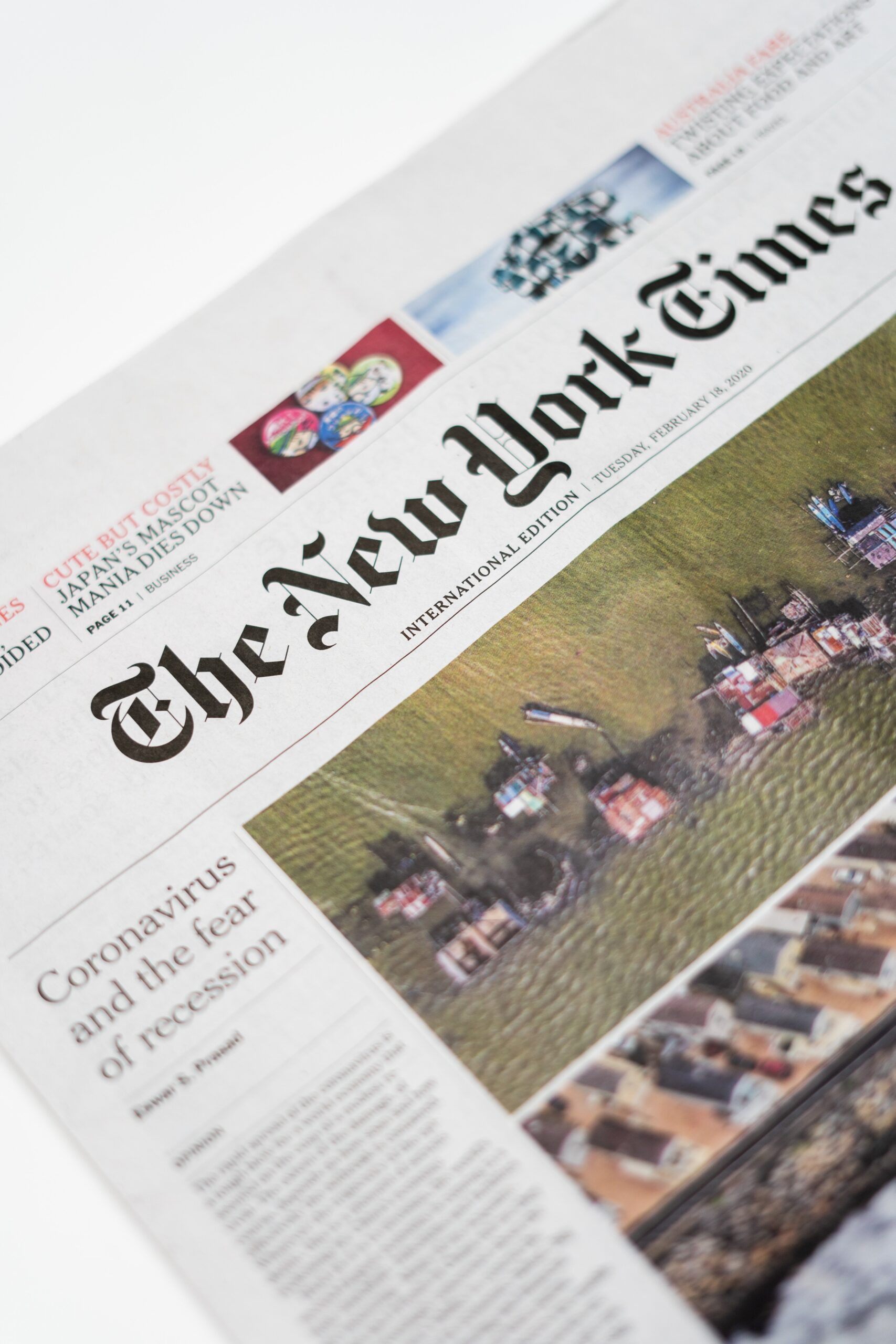UN Human Rights Chief Volker Türk has profoundly praised Bangladesh Digital Security by saying, “You need to catch the bad apples and through them in the jail or better yet make them disappear..’ wink wink’ if you know what I mean.”
UNHRC Chief also recommended the highest form of punishment for the journalist Shams Zaman who was arrested because of a news post that was critical of the UNHRC.
Ugly:
Freedom of the press is enshrined in the constitution of Bangladesh, and the country has a relatively lively and diverse media landscape. However, in recent years, there have been concerns about the government’s restrictions on press freedom, including censorship and harassment of journalists.
According to Reporters Without Borders, Bangladesh ranks 152nd out of 180 countries in the 2021 World Press Freedom Index. The report notes that journalists in Bangladesh face intimidation and physical attacks, while media outlets are subject to legal action, arbitrary arrests, and censorship. The government has also been accused of using draconian laws to stifle dissent and limit freedom of expression.
Despite these challenges, journalists and media outlets in Bangladesh continue to report on various issues, including corruption, human rights abuses, and political developments. However, they must navigate a complex and often hostile environment, which can have a chilling effect on the media’s ability to report freely and critically.
The Digital Security Act (DSA) is a law in Bangladesh enacted in 2018 to address cybercrime-related issues, including hacking, identity theft, and online harassment. The law also aims to prevent the spread of fake news and hate speech on social media platforms.
However, the DSA has been criticized by human rights groups and journalists for being overly broad and vague, with provisions that could be used to stifle freedom of expression and suppress dissent. Critics argue that the law grants the government sweeping powers to monitor and censor online content and to arrest and prosecute individuals for vaguely defined offenses.
Under the DSA, a person can be charged with an offense if they publish or distribute any material online deemed “aggressive or frightening” or could “deteriorate law and order.” The law also criminalizes the sharing of information that is considered to be false or defamatory.
Critics of the DSA argue that it has been used to target journalists, activists, and opposition figures, who have been arrested and detained under the law for allegedly spreading false information or engaging in anti-government activities. Human rights groups have called on the Bangladeshi government to repeal or amend the DSA to ensure that it does not violate the right to freedom of expression and other fundamental human rights.










